Syria's economy has shrunk by 85% in nearly 14 years of civil war, destroying infrastructure and causing hyperinflation. The dire state of the economy has contributed to the rapid collapse of President Bashar al-Assad's regime, which had been strong for more than a decade.
Since the uprisings of 2011, the regime of Syrian President Bashar al-Assad has had more than a decade of steadfast resistance against many difficulties from civil war to layers of international sanctions.
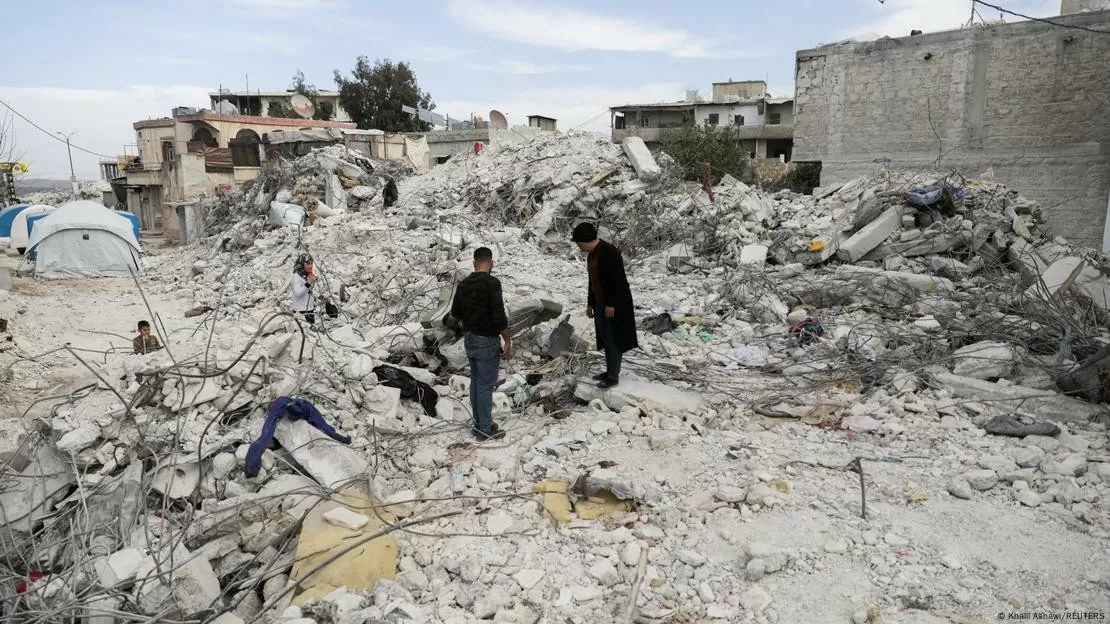 |
| Syria: Another culprit contributing to the collapse of the 'Assad empire'. (Source: Reuters) |
The painful civil war, what is left of the Syrian economy?
Syria's economy was worth $67.5 billion (€63.9 billion) in 2011. The country ranked 68th out of 196 countries in the global GDP rankings, on par with Paraguay and Slovenia.
Sadly, 2011 was also the year that large-scale protests against President Bashar Assad's regime broke out, followed by rebel uprisings that escalated into a full-blown civil war.
DW reported that as of last year, Syria's economy had officially dropped to 129th place in the global rankings, with its economic value dropping by 85% to just $9 billion, according to World Bank estimates. This bad news has put the country on par with the economies of Chad and the Palestinian Territories.
Nearly 14 years of conflict, with a series of international sanctions and the exodus of 4.82 million people — more than a fifth of the country's population — have turned Syria into one of the poorest countries in the Middle East, with even its labor force dwindling.
According to the United Nations Office for the Coordination of Humanitarian Affairs (OCHA), as of December, 7 million Syrians, or more than 30% of the population, remained displaced, wandering within their own country. The conflict has devastated the country's infrastructure, causing lasting damage to its power, transport and health systems. Several cities, including Aleppo, Raqqa and Homs, have seen widespread destruction. The 4,000-year-old ancient city of Aleppo, once a thriving, vibrant place known for its medieval architecture and rich cultural history, has been left in ruins.
The civil war has caused the Syrian pound to lose significant value, leading to a sharp decline in purchasing power. Last year, the country experienced hyperinflation—extremely high and accelerating inflation—the Syrian Center for Policy Research (SCPR) said in a report published in June. The consumer price index (CPI) doubled from the previous year.
SCPR says more than half of Syrians are living in extreme poverty, unable to secure basic food needs.
The two main pillars of Syria's economy—oil and agriculture—have been devastated by war. Though tiny compared to other Middle Eastern countries, Syria's oil exports accounted for about a quarter of government revenue in 2010. Food production contributes a similar amount to GDP.
President Assad's regime has lost control of most of its oil fields to rebel groups, including the self-proclaimed Islamic State (IS) and then Kurdish-led forces.
Meanwhile, international sanctions have all but strangled the government’s ability to export oil, with production falling to just under 9,000 barrels a day in government-controlled areas last year, leaving the country heavily dependent on imports from Iran.
When will Syria be the same again?
Some Syria watchers have warned that, in the best case scenario, it could take nearly 10 years for the country to return to 2011 GDP levels and two decades to fully rebuild. But the worry is that Syria’s prospects could deteriorate if political instability continues.
Before the task of rebuilding damaged cities, infrastructure, energy facilities and agricultural sectors can begin, international analysts are still wondering about Syria's next government.
Hayat Tahrir al-Sham (HTS), the group that led the uprising over the weekend, said it was now working to form a new government. Syrian interim Prime Minister Mohammed al-Bashir said his government would run until March 1, 2025, when a cabinet would be formally formed as planned. He also stressed that "it is time for the Syrian people to enjoy stability and peace after years of conflict."
However, strict international sanctions against Syria remain in place and HTS is also subject to the harshest international sanctions.
There have been immediate calls for those sanctions to be lifted or eased, but it could take weeks, months or even longer.
Senior analyst Delaney Simon at the International Crisis Group wrote on social media X , that Syria is "one of the most heavily sanctioned countries in the world", adding that maintaining such restrictions would be like "pulling the rug from under Syria's feet just when it is trying to stand firm".
Without a move to ease those restrictions, investors will continue to stay away from the war-torn country and aid agencies may also be wary of stepping in to deliver humanitarian relief – which is vital for the Syrian people right now.
In another development, in his first interview in his new position with Al Jazeera on December 10, Mr. al-Bashir said: "We have invited members from the old government as well as some directors in Idlib to participate to support the transition process. Their task is to facilitate all the necessary work in the next two months, aiming to build a new constitutional system that serves the Syrian people."
Meanwhile, the Associated Press reported that the administration of US President Joe Biden is considering whether to remove HTS from the list of terrorist groups, with the view that HTS will be a "key component" in the near future of Syria, according to two senior White House officials.
However, President-elect Donald Trump, who will take power in the White House in just over a month, just said on the social network Truth Social that Washington "should not interfere".
Another priority for Syria’s reconstruction is the eastern province of Deir el-Zour, which holds about 40% of Syria’s oil reserves and some of its gas fields and is currently under the control of the US-backed Syrian Democratic Forces (SDF).
Currently, after the nationwide curfew was issued, most shops across Syria remain closed. But some economic activities are gradually returning, the Central Bank of Syria and some commercial banks have reopened, employees have been asked to return to work. The Syrian currency will also continue to be used.
The Syrian Oil Ministry also asked all employees to return to work from December 10 and pledged to provide protective measures to ensure their safety.
UN aid chief Tom Fletcher wrote on X that his agency would "respond wherever, whenever, [and] however we can, to support those in need, with reception centers also being opened, including food, water, fuel, tents, blankets."
Meanwhile, several European countries immediately announced they would suspend asylum requests for Syrians, and the UN refugee agency, UNHCR, called for "patience and vigilance" regarding the return of refugees. Austria went further than most EU countries, saying it was preparing an "orderly repatriation and deportation programme" for Syrians.
Thus, the challenges facing Syria and its economy remain enormous and the future is uncertain, while the fragile recovery will need support from the rest of the world.
Source: https://baoquocte.vn/syria-them-mot-thu-pham-day-de-che-assad-sup-do-chong-vanh-297231.html








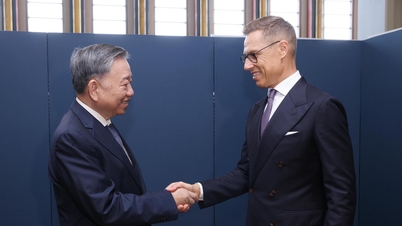











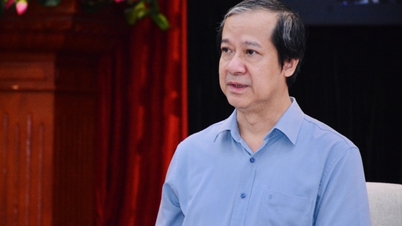



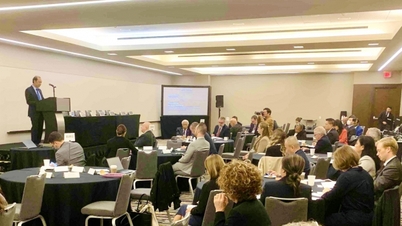



















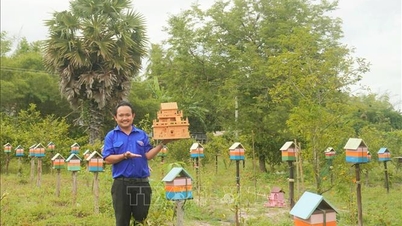


















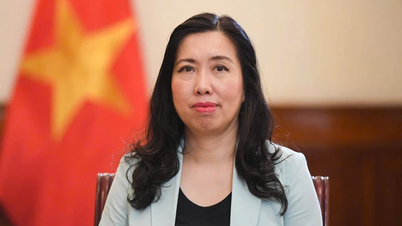


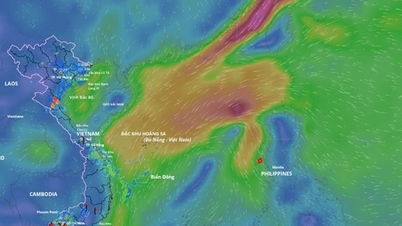



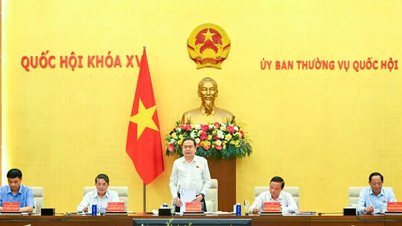












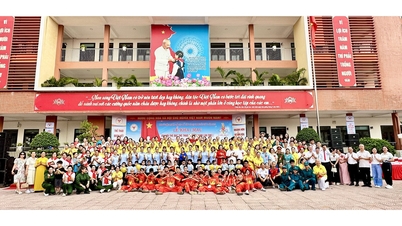

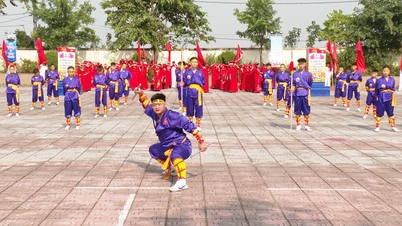













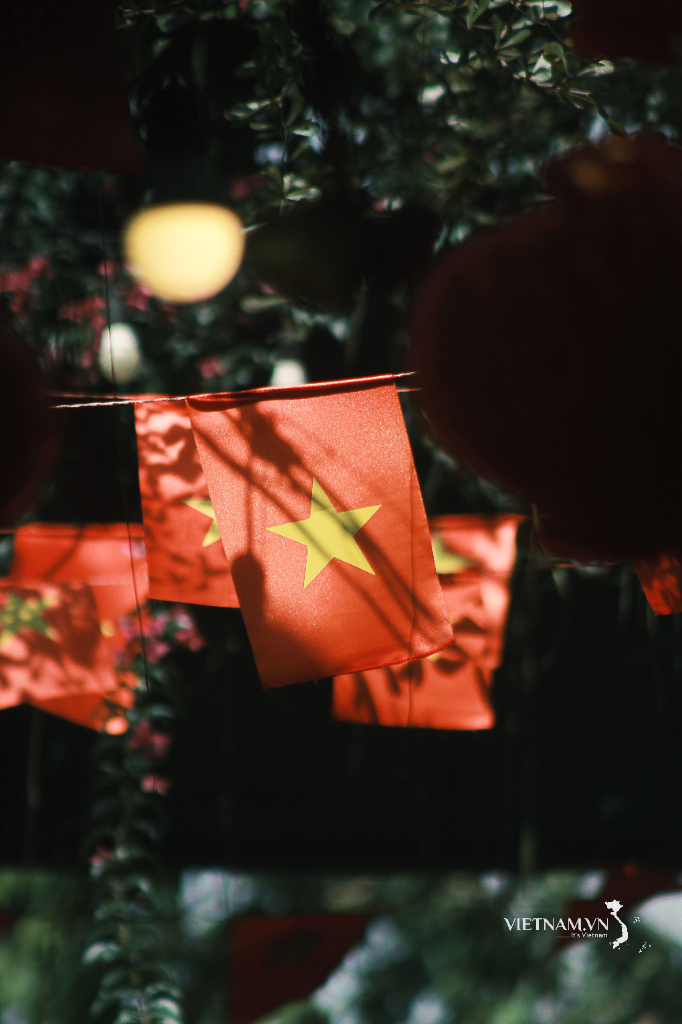

Comment (0)